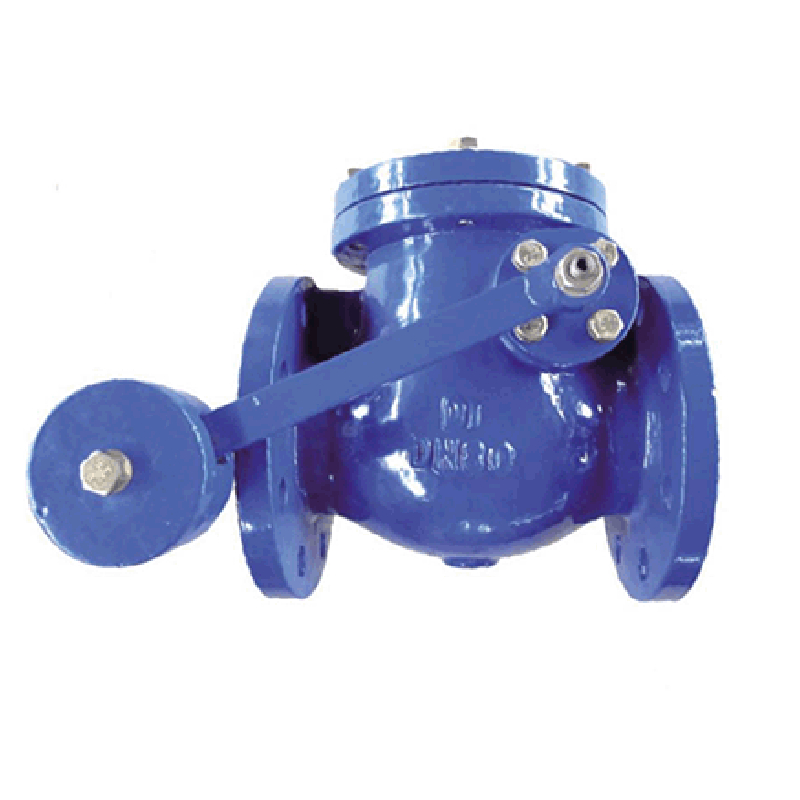Dec . 23, 2024 20:37 Back to list
Durable Valve Solutions for Enhanced Performance and Reliability in Various Applications
Understanding Ductile Valves Importance, Applications, and Innovations
In the realm of industrial engineering and fluid management, ductile valves are pivotal components that ensure efficient flow control and system integrity. Ductile valves are specialized valves designed to withstand high pressures and extreme temperature variations while maintaining excellent performance in various fluid environments. This article delves into the significance of ductile valves, their applications across different industries, and the latest innovations shaping their future.
Defining Ductile Valves
Ductile valves are typically composed of ductile iron, a material known for its high tensile strength and durability. Unlike traditional cast iron, ductile iron features improved shock resistance and flexibility, allowing it to endure stress and deformation without breaking. This makes ductile valves ideal for rigorous applications where reliability and safety are paramount.
These valves come in various configurations, including gate valves, globe valves, ball valves, and check valves. Each type serves specific functions and is selected based on operational requirements such as flow rate, pressure conditions, and the nature of the fluid being controlled.
Importance of Ductile Valves
The importance of ductile valves can be highlighted in several key areas
1. Safety In industries such as oil and gas, water treatment, and chemical processing, the integrity of flow control systems is critical. Ductile valves can withstand high pressures and prevent leaks, thereby reducing the risk of catastrophic failures that could lead to spills, environmental damage, or hazards for workers.
2. Longevity Built to last, ductile valves have a longer service life compared to their counterparts made from weaker materials. Their resistance to corrosion and wear means that companies can save significantly on maintenance and replacement costs over time.
3. Efficiency Ductile valves offer smooth flow characteristics, minimizing turbulence and energy loss. Efficient flow management translates to better performance of the entire system, leading to reduced operational costs.
4. Versatility Ductile valves can be utilized in a vast array of applications, from heavy industrial settings to municipal water systems. Their adaptability makes them a preferred choice in diverse sectors, including power generation, wastewater treatment, pharmaceuticals, and food processing.
Applications of Ductile Valves
Ductile valves are employed in a broad range of applications across various industries
ductile valve

- Water and Wastewater Treatment Ductile valves are widely used in municipal water supply systems and wastewater management to control the flow of water and treated effluent.
- Oil and Gas Production In upstream and downstream operations, ductile valves play a crucial role in managing the flow of crude oil, natural gas, and refined products, ensuring safe and efficient operations.
- Chemical Processing The chemical industry relies on ductile valves for transporting corrosive materials, where durability and reliability are essential for maintaining safety standards.
- Power Generation Ductile valves are used in cooling systems and steam lines within power plants. Their ability to handle high temperatures and pressures is critical for efficient energy production.
Innovations in Ductile Valve Technology
As industries continue to evolve, so too does the technology surrounding ductile valves. Several innovations are currently shaping the future of these vital components
1. Smart Valves The integration of IoT (Internet of Things) technology is paving the way for smart ductile valves that can be monitored and controlled remotely. This enhances operational efficiency and allows for predictive maintenance, thus minimizing downtime.
2. Advanced Coatings The development of advanced coatings improves the corrosion resistance of ductile valves, extending their lifespan and making them suitable for even more aggressive environments.
3. Sustainable Manufacturing More manufacturers are adopting sustainable practices that minimize environmental impact during production. This includes using recycled materials and reducing energy consumption in the manufacturing process.
4. Enhanced Designs Innovations in design, such as improved seat and sealing technologies, are being developed to enhance the performance and reliability of ductile valves.
Conclusion
Ductile valves are indispensable components of modern fluid systems, ensuring safety, efficiency, and reliability across various applications. As advancements in technology continue to emerge, these valves are poised to become even more efficient and versatile, contributing to safer and more sustainable industrial practices. Industries that rely on ductile valves will benefit from their durability and adaptability, enabling them to meet the growing demands of a rapidly changing world.
Share
-
Reliable Wafer Type Butterfly Valves for Every IndustryNewsJul.25,2025
-
Reliable Flow Control Begins with the Right Ball Check ValveNewsJul.25,2025
-
Precision Flow Control Starts with Quality ValvesNewsJul.25,2025
-
Industrial Flow Control ReliabilityNewsJul.25,2025
-
Engineered for Efficiency Gate Valves That Power Industrial PerformanceNewsJul.25,2025
-
Empowering Infrastructure Through Quality ManufacturingNewsJul.25,2025